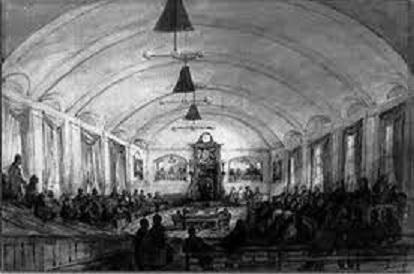Africa-Press – Mauritius. As Mauritius approaches its 2024 elections, it is crucial to reflect on the state of accountability in the current political landscape, examining the promises made, the pitfalls encountered, and the path forward for a more transparent and responsible government.
Democracy’s essence lies in its commitment to checks and balances, mechanisms designed to hold the government and associated institutions accountable for their actions. Ideally, decisions should reflect the national interest, and when they deviate, the responsible parties should face consequences.
However, the all-too-familiar narrative soon unfolds — promises of change and reform during election campaigns give way to the continuation of age-old practices, where favoritism, nepotism, and cronyism overshadow principles of transparency, meritocracy, and competence.
As the current government approaches the 2024 elections, signs of a recurring pattern emerge. Nearly two years into its term, with limited tangible results to showcase, there is a discernible shift in strategy and approach.
The focus now turns towards securing public support through the distribution of freebies, reminiscent of past political tactics. Different organizations are once again courted, their influence elevated to sway public opinion.
Yet, amidst these familiar political manoeuvers, the deeper issues that demand urgent attention seem relegated to the background. A retrospective glance at Mauritius’ political history unveils instances where exceptional commitment to the nation’s future clashed with the prevailing norms.
Successful endeavours stemmed from the independence and strength of public institutions implementing policies in the public interest. Politicians, no matter their stature, faced mid-mandate scrutiny, preventing various abuses and the unchecked accumulation of wealth at the expense of the public.
The media played a watchdog role, fearlessly exposing abuses, and public opinion was not easily swayed by political or private interests. However, a gradual erosion began to take place.
The disempowerment of public office holders occurred through constitutional changes, making them susceptible to political pressures. Public institutions found themselves inundated with political appointees, often more aligned with political agendas than the welfare of the institutions they were meant to serve.
The once-potent spotlight of public scrutiny dimmed, allowing politicians to operate with increased impunity. Boards and panels, once bastions of accountability, faced disbandment with each political shift.
For More News And Analysis About Mauritius Follow Africa-Press







